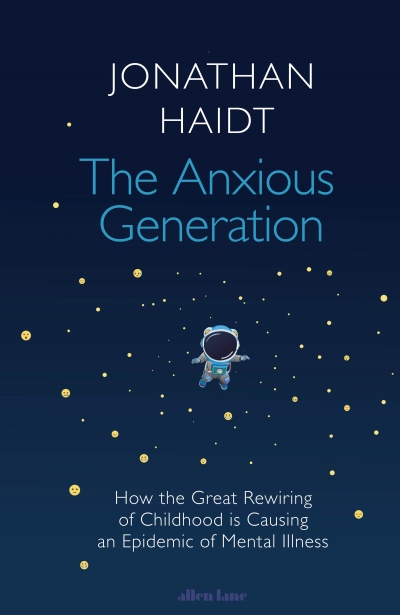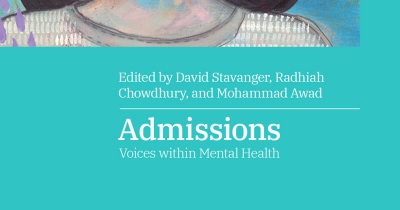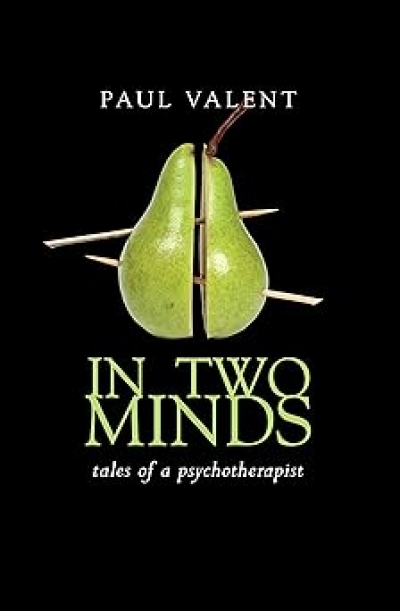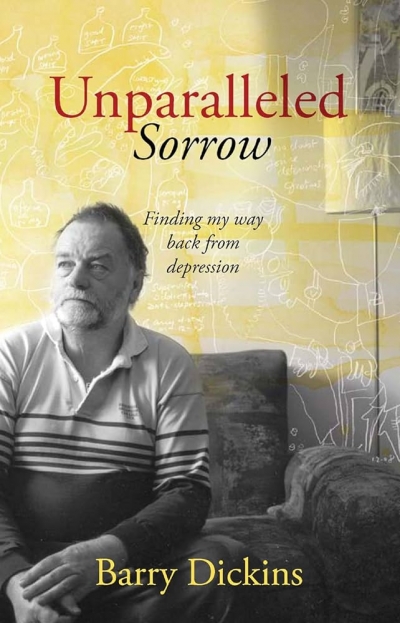Mental Health
The Anxious Generation: How the great rewiring of childhood is causing an epidemic of mental illness by Jonathan Haidt
by Tim McMinn •
Admissions: Voices within mental health edited by David Stavanger, Radhiah Chowdhury, and Mohammad Awad
by James Dunk •
Unparalleled Sorrow: Finding my way back from depression by Barry Dickins
by Michael McGirr •






